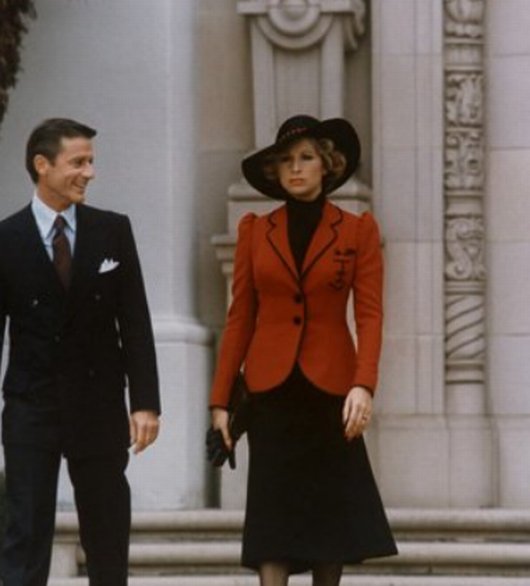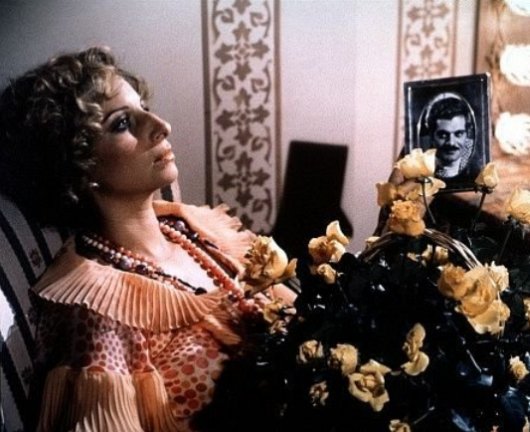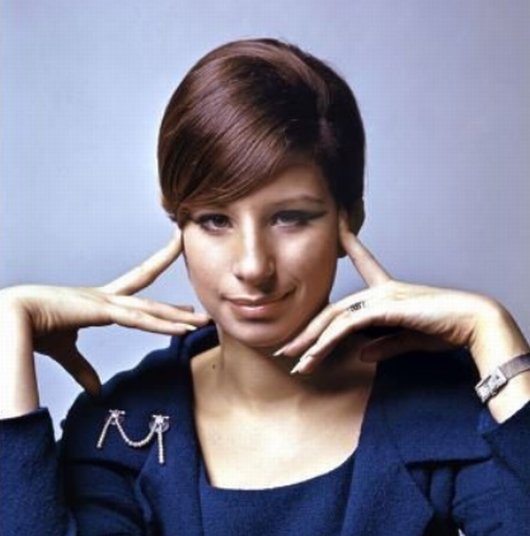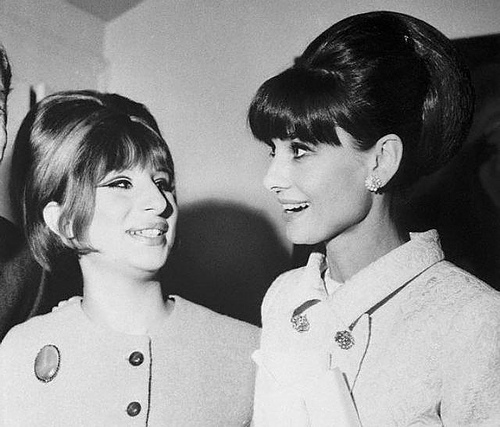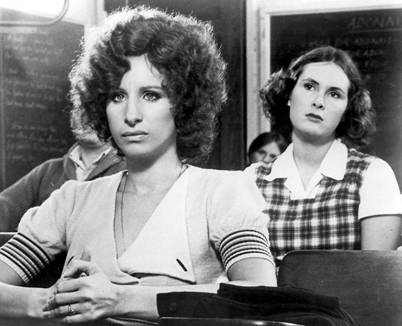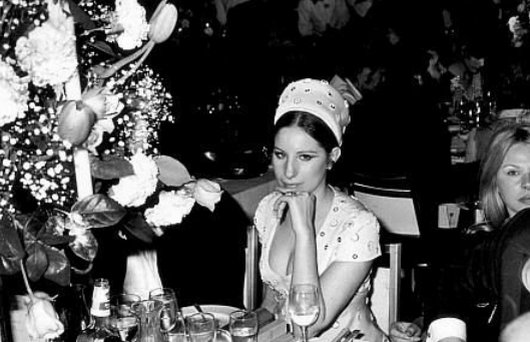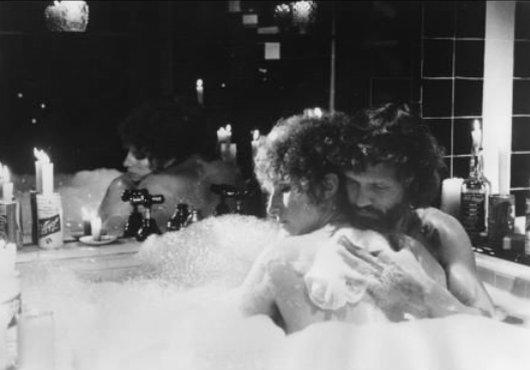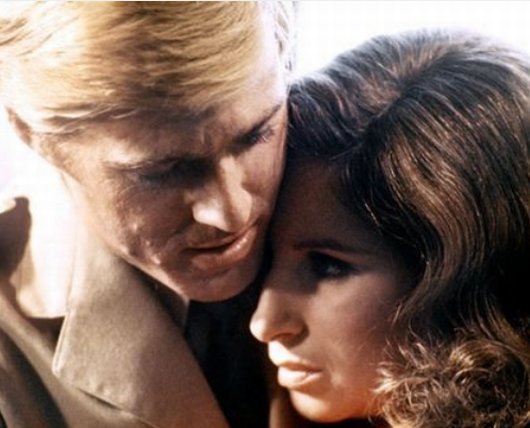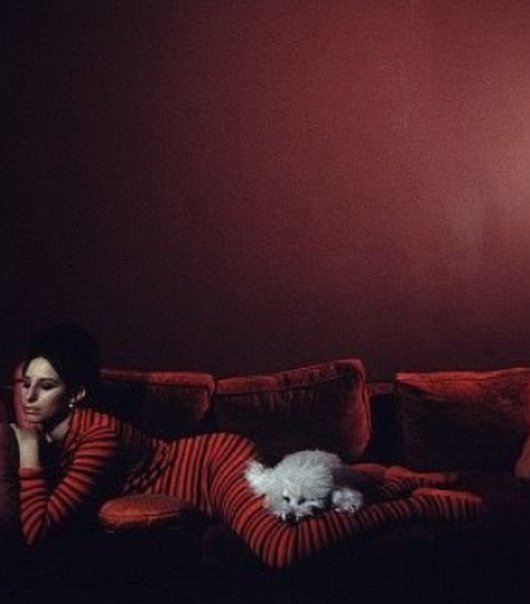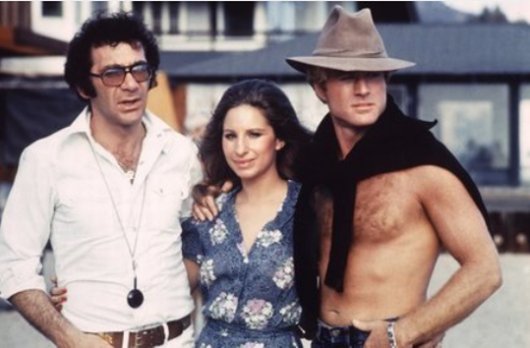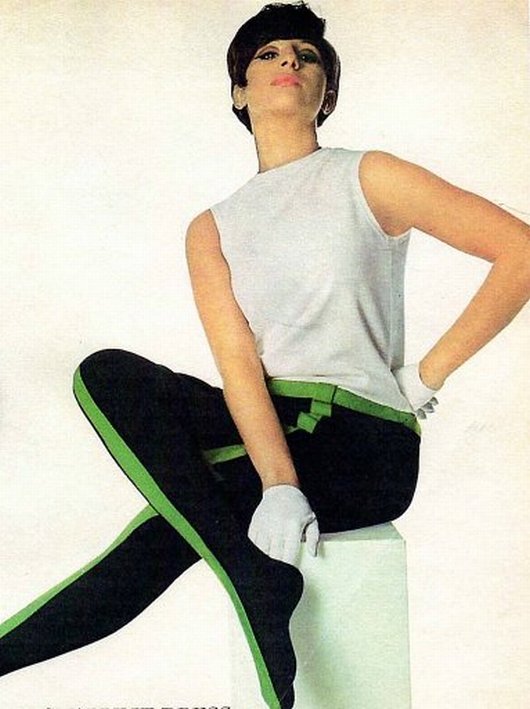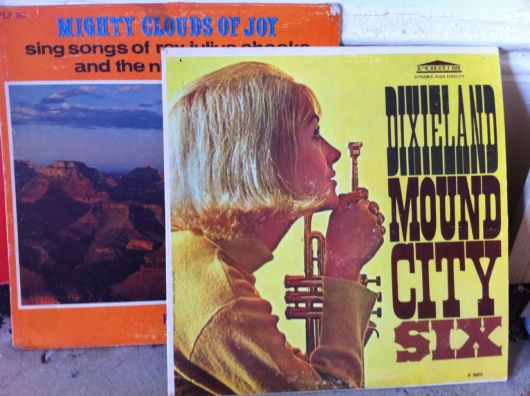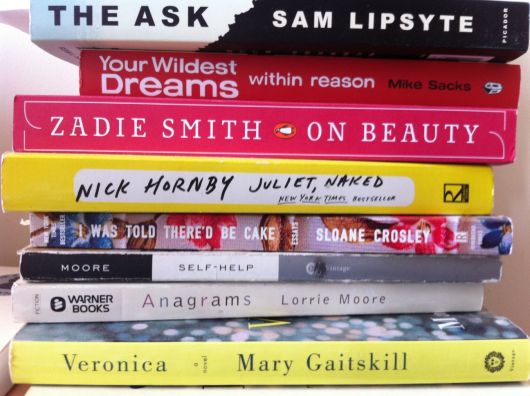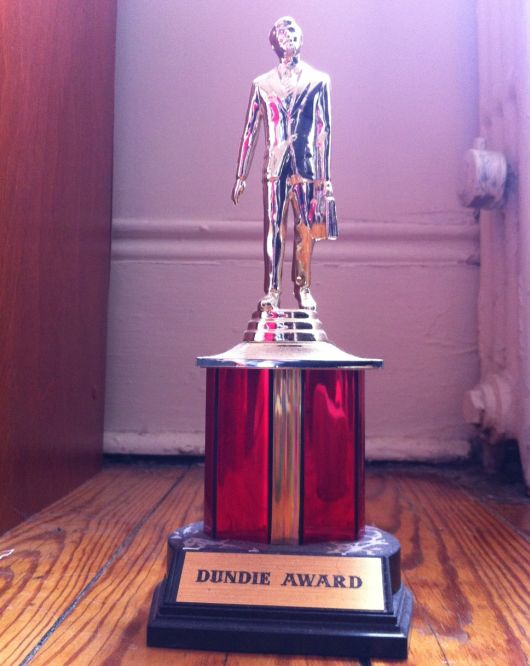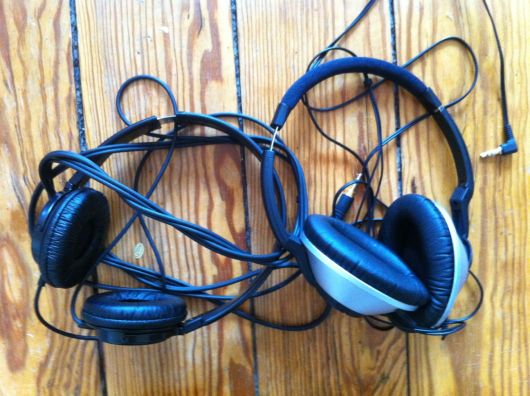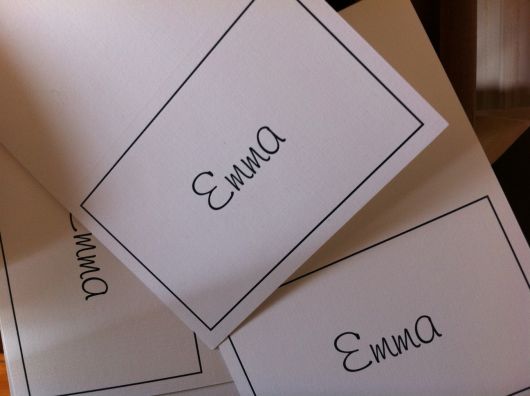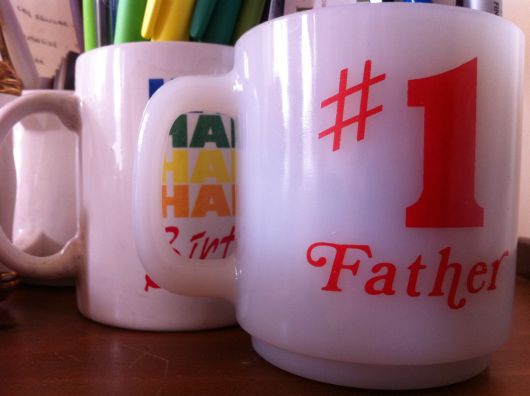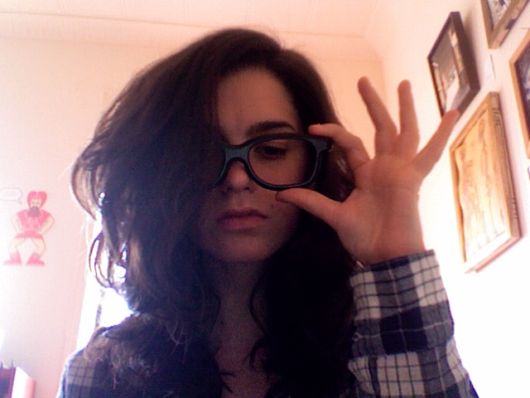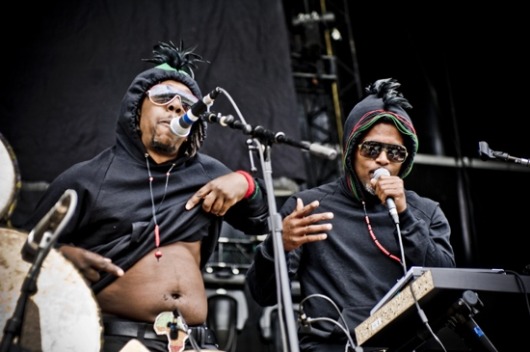 SEX
SEX In Which We Barely Bring A Change Of Clothes
 Wednesday, May 9, 2012 at 11:33AM
Wednesday, May 9, 2012 at 11:33AM 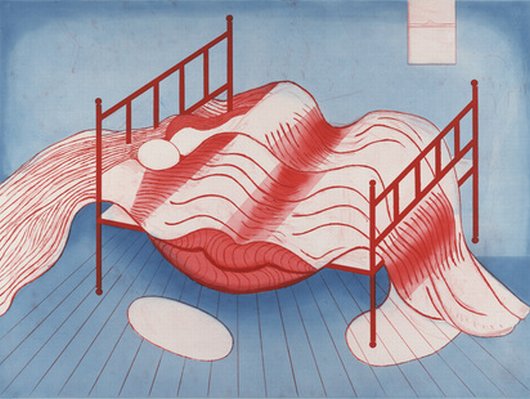
Goodbye Station
by LUCY MORRIS
I was up at Grand Central the other day and walked by the line of airport shuttles on 42nd Street, where I more than once deposited different boyfriends and where they more than once deposited me. I remembered in an instant the individual goodbyes we exchanged and the looks in their eyes — green, green, brown, brown — in those moments, and seeing my own eyes — blue reflected back in them.
That was all very good and edifying in its own way: there are nuances of life you are unable to sense until you’ve intertwined yours with someone else’s for some period. But none of it was as good and edifying as what’s been happening the last few months: there are just as many nuances you are unable to sense until you’ve made your life solely yours, assembled a set of routines and rituals and plans for which you alone are responsible.
I want to say all of this comes as a surprise but I’m afraid it doesn’t. I think deep down I always suspected it could get better than those greetings, those goodbyes, whatever pleasures came in between.
This is not to say I assumed it actually would.
+
For a while late last decade, Micah and I lived out at the southernmost tip of Brooklyn in a house crowded with other people’s furniture. We were legally prohibited from painting the walls or getting rid of the excess of knick-knacks because of some issue with the original owner’s will. It was a material abundance we were too young to deserve, to know what to do with. Sometimes when we didn’t want to do the dishes we’d go to the basement to dig out the silver cutlery of the elderly woman who had lived — and died — there before us.
I was too small for the size of our house, for the seriousness of Micah’s intentions, but maintained a steadfast ignorance of these facts, a quiet campaign of avoidance that I assumed was essential to all relationships. During the years we were together, I hardly went out at all, as if I was afraid that seeing what else and who else was out there might make it impossible to go home again. In the end, it turned out I was right. Once I did start going out and seeing what else was there, I could not return to that house near the Verrazano, to Micah’s overwhelming affections, to our bed with the misshapen blue sheets we struggled to fit to the mattress each morning.
When I moved out, I found that everything I owned fit into the back of an SUV. This confirmation of my material compactness should have been a relief but instead I found it alarming, as if it indicated some other insignificance or inexperience. It seemed that in the absence of a love that had swelled up into all the corners of my being, into all the hours of my day, I was highly portable, my existence in one place — or with one person — more or less temporary.
Having a major space in your life suddenly vacated is no rarefied tragedy: it happens to most people, and likely more than once. But it takes a long time to fill that expanse inside you again, the minutes and habits and parts of yourself that used to be shared. This did not bother me then and it does not now: it’s a fact of a life in which you choose to love and I would not choose another kind.
+
The appeal of what came next was not that it was better — I knew from the start it wouldn’t be — but rather that it wasn’t as big, that it would in fact be so small, so insufficient, I could start restocking my life with other things again. I took long walks alone around the northern edges of Prospect Park the summer after I left. Everything felt simultaneously new and rusty: a rerouted commute on the same trains, the choreography of cooking old meals in a new kitchen, pacing unfamiliar streets until they became known. I was suddenly aware, too, that there was now a whole variety of experimental forms of pleasure available to me, minor and major, risky and not.
One of these, located somewhere on the axis of minor and risky, was Jonah. If there can be a single explanation for the trajectory of any love, it goes like this: it’s fun until it isn’t. Jonah was no exception.
The last time I recall feeling fondly towards him, early one evening in late summer, we were outside drinking Red Stripe and playing Scrabble. Jonah won the game by a huge margin and then confessed to cheating throughout, but with a grin I had noticed he employed specifically in instances where he wanted his behavior excused, not just with me but with everyone: his friends, family, employers, store clerks. It was an effective expression — humbly crooked but with eyebrows raised as if to say, “How could you not forgive me?” — but once you caught onto it, it was hard not to observe the frequency with which it appeared, and then not to wonder why he was constantly in need of forgiveness, or doing things that required it, however trivial.
I allowed him this for the reason I allowed him many things: it made me wonder. But after a while, to no one’s surprise — including my own — wonderment ceased to be enough, started, in actuality, to seem like an absurd premise for spending time with someone. We continued to become less tender to each other, until we were only capable of being pleasant after we had sex — although during the act we both managed to persist with our minor cruelties.
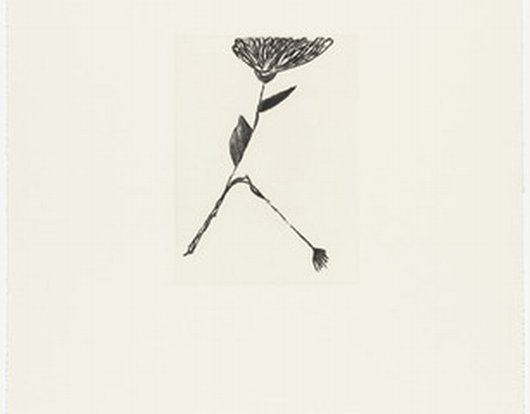
On another outdoor night, one of the last we spent lodged against each other in the hammock with string imprints forming on our cheeks, a few bats swooped down near our heads and we yelped simultaneously. I remember how embarrassed we both were in the moments afterward at our show of fright. In the whole history of bad things people have done to one other there is no accounting for what we choose to be ashamed of. There is also no accounting for what we choose to forgive.
On that same night, after the bats, I recall whispering, “I love you,” in the way I now can see many people do, when they have run out of other things to say to each other, or stopped looking for more precise ways of relating. But I knew as I said it that it was the only time I had ever lied about loving someone, and although I have done many other things wrong since — left a whole trail of different errors in my wake — I have never again done that.
+
Peter’s bed was so big I could lie across it horizontally, vertically, or diagonally, and still not reach the edges. I was very tired when I first arrived in it, but simultaneously having a lot of trouble sleeping. The exhaustion was a broad one, an encompassing uncertainty that made me lethargic and unproductive during the day but also unable to put my mind to rest when I turned off the lights. Peter’s main allure at this particular moment was that his sleep schedule was compatible with mine. We spent three weeks staying up all night talking and then more than a year trying to replicate the intimacy of those weeks, and for the most part, to everyone’s surprise — including our own — we actually succeeded.
In the months I spent camped out in his attic apartment, I rarely brought a change of clothes with me or used his shower, but I was closer to him than I’d ever been to someone else. As happens when you feel unchallenged in other aspects of your life, I rerouted my energies into conducting the relationship as a kind of experiment, testing out behaviors like jealousy and anger, from which I had so far mostly abstained. I had a hypothesis, which I announced to him often, that the ability to exercise these latent emotional muscles was proof of a deeper bond. This was met with minimal reception and was also never proven correct or incorrect, but it was certainly facilitated by the fact that we could sleep in the same bed after arguments without even noticing the other person was present.
Late in winter we both got sick for a month, shared a Neti Pot, let cough drop wrappers and Advil bottles and Kleenex pile up around us. We watched movies to rest our voices but could never make it through one without pausing to talk. Then we got better; it got warm. On weekday afternoons we went to a public water park to float down the lazy river while listening to the oldies station, toes hooked around each other’s tubes to keep from drifting. By then I had begun to worry that the lazy river days were symptomatic of something bigger, that Peter was in some abstract sense slow moving and was reducing my rate of acceleration by proxy — I would have generally preferred to swim laps — but our conversations were actually so rapid I could never figure out where to stop them.
I knew well the sheets on the cot that served as his couch; he slept there, not in his bed, when I wasn’t around. When I talk to him these days, I know he is lying on that cot, and I feel guilty — and then I don’t — for the excess of my own bed, the room I now have to spread out, how I wouldn’t exchange it for anything — or anyone — anymore.
+
The month or two that Ryan spent pursuing me, I spent much of my time hiding out in a large store in the Flatiron District where my cell phone got no reception. There I could thumb through racks of dresses I’d never wear and delay confronting his attempts to win me over. I put it off not because I didn’t enjoy them, but because I did, a great deal, and this was so unfamiliar a sensation to me, so unlike my customary ambivalence that I found it almost physically uncomfortable. To convince myself it was a good use of my time, I usually needed a drink in hand when I called him, leftover party gin in leftover plastic party cups I stacked on my windowsill after we hung up.
On New Year’s, after the countdown and the kiss, we locked ourselves in the bathroom at a party to take a nap. The tiles on the floor were the same as the ones in my mother’s house; my eyes blurred as I studied them. I slept with my head on Ryan’s hip. The rivets of his jeans left an imprint on my forehead.
Some time later we crash danced around my tiny bedroom, unsettling my precarious piles of books, knocking the cheap garment rack that served as my closet at an angle. We had a lot of fun together and not much else, which was the kind of less consuming experience I had believed I wanted but turned out was probably constitutionally incapable of. We fell asleep on top of the covers, this time with his chin on my shoulder, and in the morning we had sex.
“What do you want to do today?” Ryan asked afterwards, pulling on a t-shirt, and in response, without thinking even for a second, I said, “I think we should break up and also we should go to the Met.” Which is exactly what we did. Standing side by side in the American Wing, it was like nothing had ever happened, which seemed like a good sign. But generally this — the suggestion that nothing has changed, when things substantially have—is actually the deadliest sign of all.
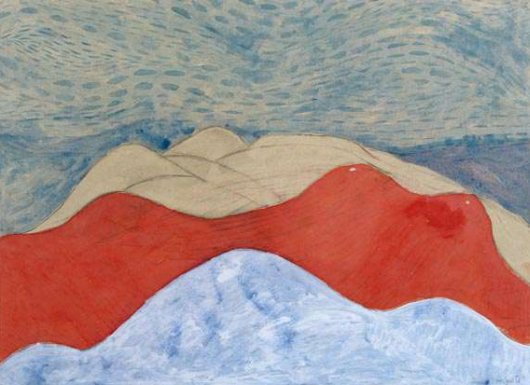
Afterward he called me from California to say he wished I was there, which was what we both seemed to think I wanted to hear, but in that moment I realized it was not, that I did not in fact want to be in California at all, I wanted to be where I was: slightly but forgivably late for dinner with a friend across town, sprawled on my bed staring into the apartment across the street. This was a sight I now confronted more than any one person’s face and in truth I found it, in its total impenetrability, more compelling than the eyes and features I used to examine so often. Ryan said he had to go at the exact same moment I did. “I’ll call you later,” he said, and he didn’t, and I was surprised to discover how relieved I was by this, how much more I immediately liked him knowing that we were no longer in any way obligated to each other.
By now I hardly had any real obligations to anyone beyond whomever I promised to meet for a drink, go on a walk with, have over for a meal. I had expected to feel unmoored in the absence of a major commitment, but instead I felt flush with time, the very best kind of currency. I dispensed it freely to the people whose company I most appreciated, and in a very limited way to everyone else. I found this significantly more fulfilling—in reality it made me far less lonely — than I had when all the free hours of my day were accounted for, pre-allocated, in large part, to someone else.
+
On the days when the past sneaks up on me in a song or smell or unanticipated flash of nostalgia, on those occasions when I cannot help looking back, it is difficult not to be upset with myself for how I spent the first couple years of this decade and the last few of the previous one. I was frivolous with my time and money and body and energy during what could feasibly be the only period in my life when my time and money and body and energy are wholly mine and unshared.
By some combination of fortune and miracle, I managed to remain employed the whole time, avoid major financial trouble, and not get pregnant, in spite of expending the absolute minimum effort to prevent any of these undesirable outcomes. Perhaps it is as simple as this: there are periods in life when this is the most you can hope for, the absence of select failures, rather than solid accomplishments.
It is good to have this knowledge but what’s better still is exiting that kind of period and entering, by a similar combination of luck and chance, a new one.
Lucy Morris is the senior contributor to This Recording. She is a writer living in Manhattan. She tumbls here. She last wrote in these pages about Brighton Beach. You can find an archive of her writing on This Recording here.
Images by Louise Bourgeois.
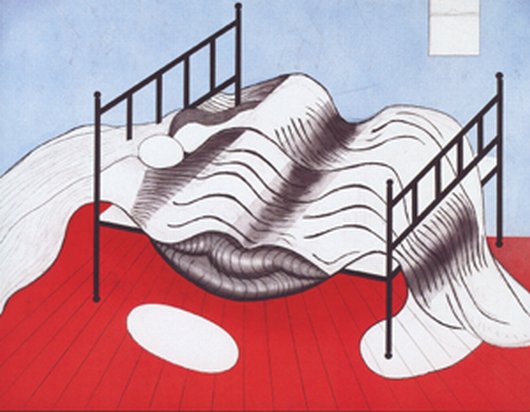
"Watching the Fires Waltz Away" - Damon Albarn (mp3)
"The Marvelous Dream" - Damon Albarn (mp3)
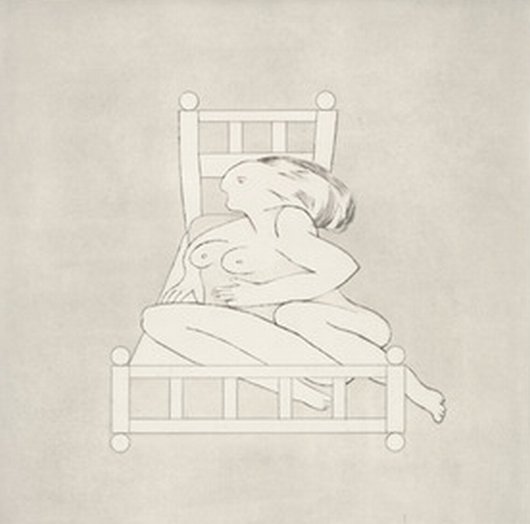
 brooklyn,
brooklyn,  lucy morris,
lucy morris,  new york,
new york,  sex
sex 





























